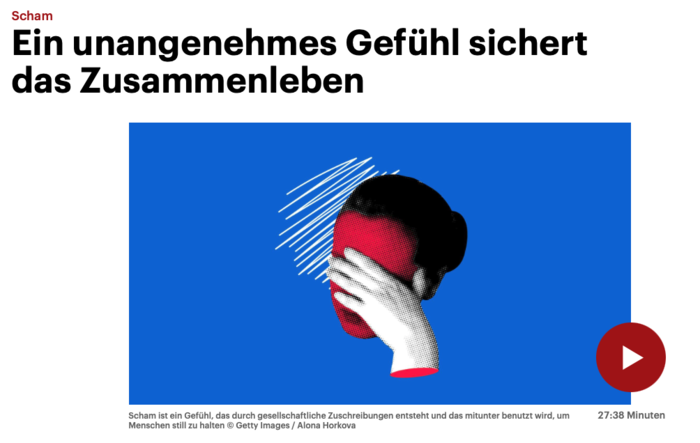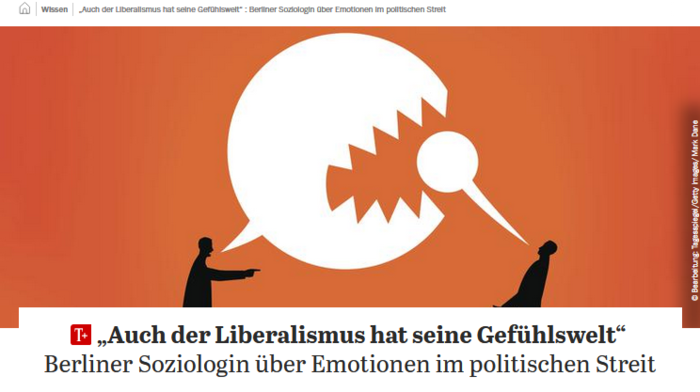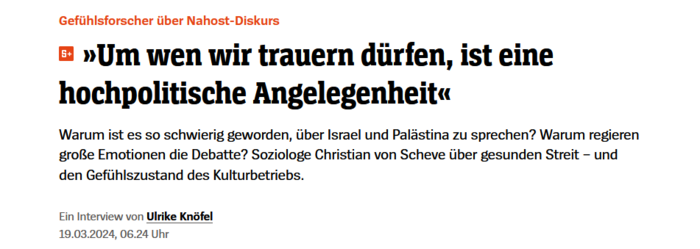Image Credits

Bildschirmfoto 2025-11-17 um 16.03.10
Image Credit: —

2025-05-08-jessen und diefenbach-nd
Image Credit: —

2024-05-04-diefenbach-tsp
Image Credit: —

2024-03-19-von scheve-spiegel
Image Credit: —

2023-07-24_Henrike_Kohpeiß_FAZ
Image Credit: —

2023-03_FB_Literarisches-Colloquium-Berlin
Image Credit: —

Baugenehmigung-fehlt-Berliner-Buddhisten-fuerchten-um-ihre-Pagode
Image Credit: —

Bild_Pagode_taz_talk
Image Credit: —

Screenshot Deutschlandfunk Kultur
Image Credit: —

Interview with Fabian Bernhardt in "Der Standard"
Image Credit: —

Von „Wir schaffen das“ bis Hetze
Image Credit: (c) Picture Alliance/Bernd von Jutrczenka

Putins Rache
Image Credit: © Peter Forster/unsplash.com

Putins Rache?
Image Credit: (c) NurPhoto (Imago)

Die Unsichtbaren: Anthropologin erforscht das vietnamesische Berlin
Image Credit: (c) Laura Tran

Kreuz
Image Credit: —

"Rache. Über einen blinden Fleck der Moderne"
Image Credit: (c) Matthes & Seitz Berlin

Uma Thurman als Racheengel in „Kill Bill“
Image Credit: (c) picture-alliance / Mary Evans Picture Library

Der "Blaue-Reiter Pfosten", Ausstellung des Museum Fünf Kontinente in München
Image Credit: (c) picture alliance/dpa | Lino Mirgeler

TV Diskurs mit Margreth Lünenborg
Image Credit: —

2021-04-22_Tagesspiegel_MMueller
Image Credit: —

(c) Janine Schmitz/photothek.de
Image Credit: (c) Janine Schmitz/photothek.de

WDR5 Logo
Image Credit: wdr.de

Hansjörg Dilger im Herrenhäuser Gespräch mit Jutta Almmendinger, Ute Frevert und Ulrich Kühn per Videocall
Image Credit: NDR.de

"Wie lange ist für immer?" auf ZDFneo
Image Credit: —

Logo Deutschlandfunk
Image Credit: Deutschlandfunk

2021-01-28_dilger_welt
Image Credit: (c) Getty Images/Westend61

2020-11-24_luenenborg_mabb2
Image Credit: (c) Screenshot ALEX Berlin

2020-09-29_InterviewBR_Bernhardt2
Image Credit: (c) colourbox.com

Revenge: How do we cope with an affect that has been banned to the realm of the imaginary?
Image Credit: AnaKova

Anti-Corona-Stimmung: Unter den rechten Gruppen schwelt ein Kampf um die Deutungshoheit.
Image Credit: AFP

2020-06-25_stodulka_corona_edit_magazin
Image Credit: Alina Lingg

2020-06-25_neckel_br2_interview
Image Credit: (c) Sighard Neckel

2020-06-16_calkins_fu
Image Credit: Ch. Hillmann-Huber

2020-06-25_neckel_corona_mopo1
Image Credit: dpa

2020-06-17_ural_bericht_dw
Image Credit: (c) C. Hardt

20-04-26_ayata_dt
Image Credit: deutschestheater.de

sighard-neckel-p
Image Credit: Sebastian Engels

dilger_2-3
Image Credit: (c) Kevin Frayer; Marco Di Lauro/Getty Images

2020-03-16_Habermas_2-3
Image Credit: wikimedia

Radio Bremen
Image Credit: —

2019-10-25_ayata tagesspiegel
Image Credit: (c) Michael Kappeler

WDR5
Image Credit: wdr.de

Deutschlandradio Kultur
Image Credit: —